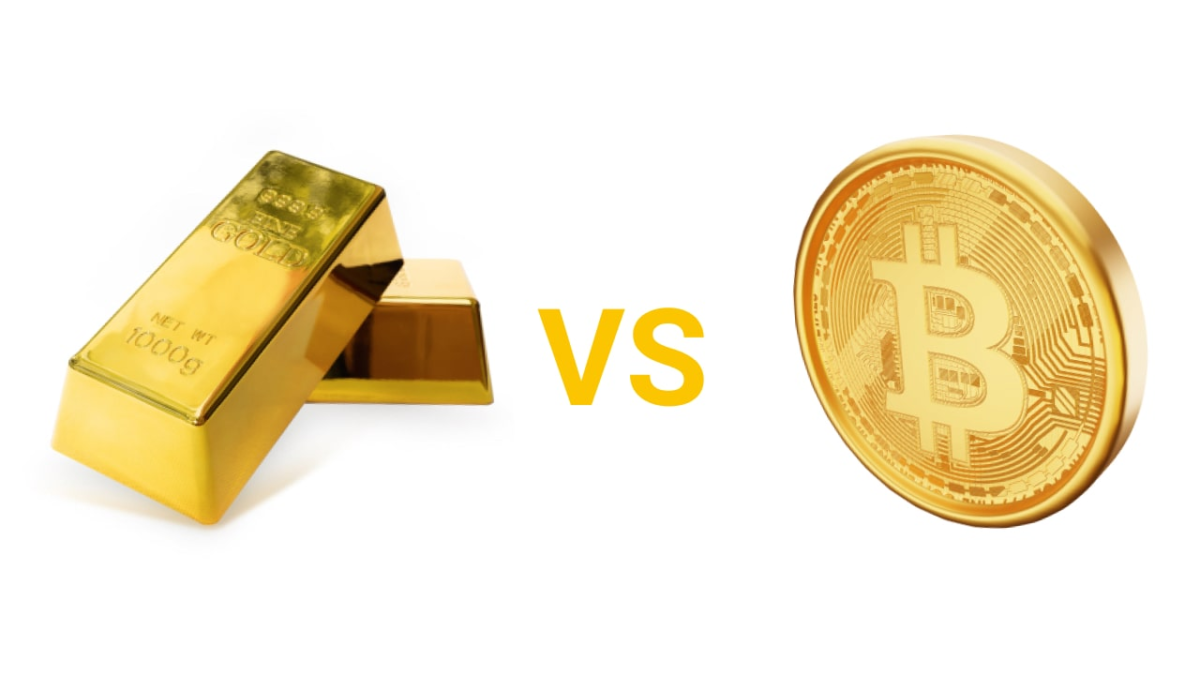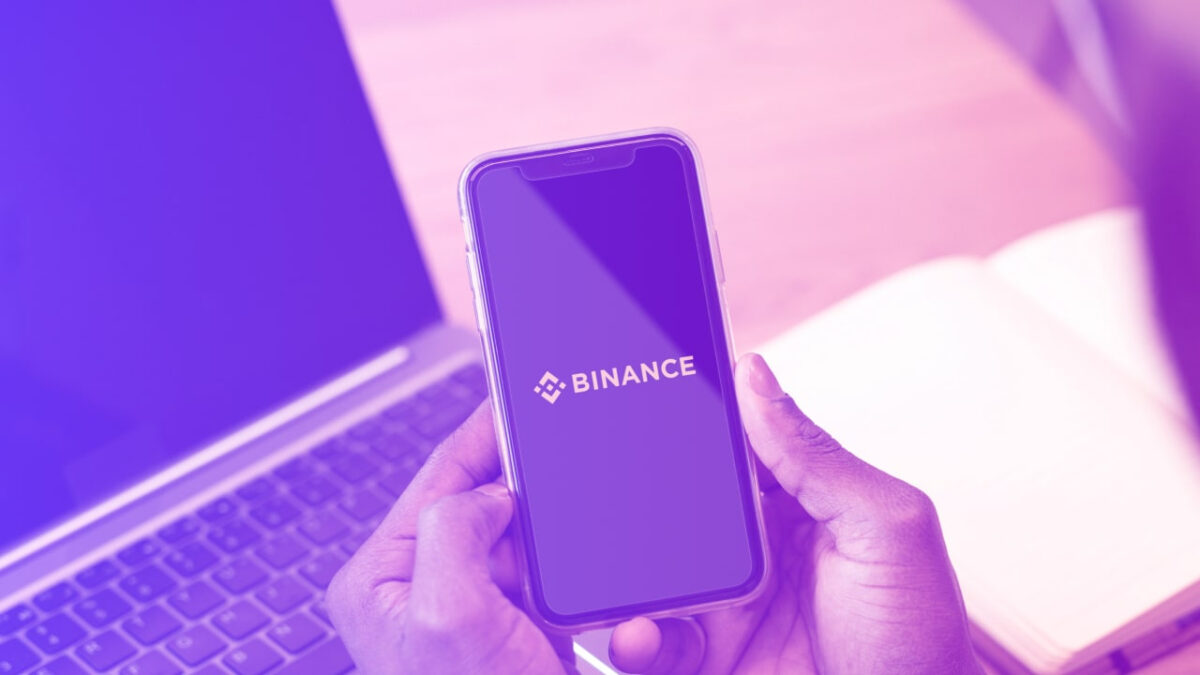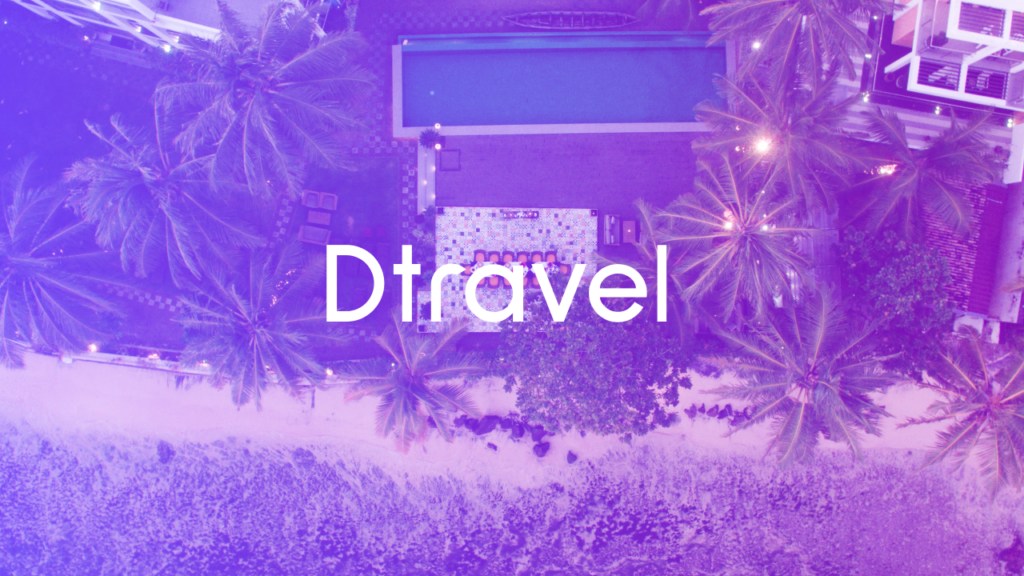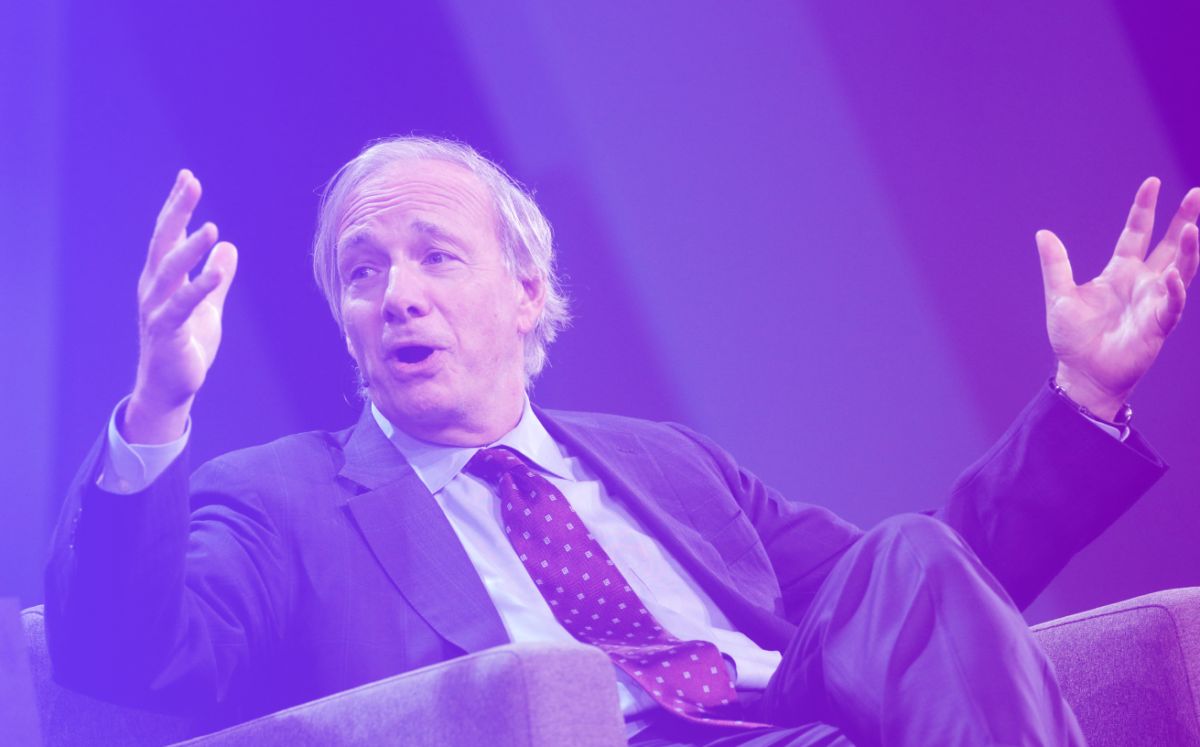Sure the Crypto industry is characterized by the unending scams that take innocent investor’s money, but we need to give the new currency the benefit of the doubt. A number of African countries have refused to accept and recognize the currency as legal tender.
In Uganda, the Ministry of Finance, Planning, and Economic Development released a public statement on Crypto Currencies stating that, “ The government of Uganda does not recognize any crypto-currency as legal tender in Uganda.” “ The government of Uganda has not licensed any organization in Uganda to sell crypto-currencies or to facilitate the trade in crypto-currencies and so these organizations are not regulated by the Government or any of its agencies.” – the statement added.
Other countries like Algeria, Libya, Russia, Bolivia and Morocco have taken harsh measures to ban the use of crypto currencies. Many individuals still think of cryptocurrencies as a massive, worldwide get-rich-quick scheme. Others reject the whole thing as a speculation-fueled craze at best, and a criminal operation at worst. But, in the midst of all the noise, excitement, and hype, we may be overlooking the most essential story: how Bitcoin is altering lives in developing countries.
Take, for example, Cuba, where internet penetration has increased from less than 40% in 2015 to an estimated 70-80% now. Cubans, like most people, desire to buy and sell products online, but unlike most people, they are unable to do so using a debit or credit card. Ordinary Cubans are cut off from the global banking system as a result of US sanctions.
They can’t use a card to establish a Spotify membership, buy a domain name, or pay for website hosting. This means that if Cubans want to do business online, especially with other countries, they must use cryptocurrency. And there’s always a method when there’s a need. Cubans have found alternatives, such as Bitrefill, a website that sells Spotify and other gift cards for cryptocurrency. On a population-adjusted basis, Bitrefill data from June 2021 shows that four times as many people buy Cuban digital items (such as Cubacel phone top-ups) using cryptocurrencies as they do analogous US products.
While crypto acceptance has been a bottom-up phenomenon in Cuba, El Salvador’s controversial president, Nayib Bukele, has declared Bitcoin legal tender. President Bukele believes that the government-sponsored Bitcoin wallet already has more users than the whole Salvadoran banking sector, possibly saving thousands of people who are currently unbanked. The Lightning network, which allows for cheaper and faster bitcoin transactions, is used in part by these Bitcoin wallets. In every Salvadoran McDonald’s and Starbucks, you can now pay quickly using Bitcoin, which sounds futuristic and thrilling.
Bitcoin is slowly but steadily becoming a part of the Venezuelan economy. Venezuelan banks are cut off from the rest of the world due to currency controls, thus Bitcoin is utilized to transport money in and out of the nation via peer-to-peer markets where people may easily trade Bitcoin for cash. A natural experiment in 2019 highlighted the influence of these markets when, during a huge electrical outage in Venezuela, Bitcoin trade volumes across Latin America plummeted considerably. In today’s Venezuelan foreign exchange market, peer-to-peer crypto exchanges are widely recognized as a vital component.
Nigeria, the only African country to authorize the usage of crypto currencies, expects its economy to grow even more, and digital currencies have attracted the interest of the country’s citizens. As a result, Nigeria’s market demand is only expected to rise in the coming years. However, many local enterprises in Nigeria are still working hard to assist the country’s market development.
Naijacrypto is one of these companies, and it is regarded as one of the best not just in Nigeria but also across the continent. Since its inception in 2019, Naijacrypto has grown to become one of the market’s top leaders. The company just released a new mobile app that allows its customers to use their phones to access various types of blockchain-based financial services. The bitcoin market in Nigeria is expected to offer greater opportunities for future growth thanks to enterprises like these. While the cryptocurrency market is currently quite popular among the country’s citizens, much more needs to be done, particularly on the government’s side.
Cryptocurrency is infiltrating people’s lives not only as a financial tool, but also as a cultural phenomenon. NFTs, or virtual assets pushed by artists and celebrities ranging from Snoop Dogg to Paris Hilton, and the recent launch of “Out of Africa” digital assets have gotten a lot of press. Crypto gaming is a lesser-known phenomena. Gamers spend a lot of time online and want to feel genuinely in control of their in-game assets, whether it’s Counter-Strike skins, Warcraft money, or Runescape caps. This is the promise of crypto games, which convert virtual things into unique cryptocurrency tokens that gamers can save in their digital wallets and trade or migrate to other platforms as their inviolable belongings.
Popular perception in Uganda remains that the nature of crypto-currencies make them attractive for use in criminal transactions such as money laundering, sale of prohibited goods and services, and fraudulent ventures such as Ponzi and pyramid schemes. Despite this, an increasing number of people in the world are opting to employ a technology meant to assist them protect their riches from seizure, tyranny, or arbitrary limits. Whatever you think about crypto, its ability to be a positive factor in some parts of the world should not be overlooked.









